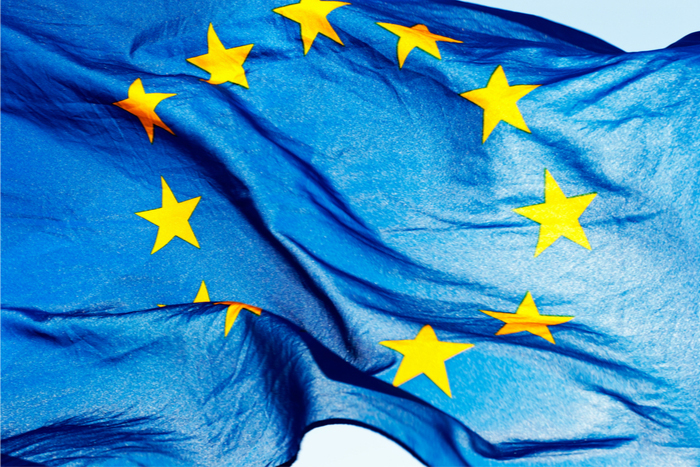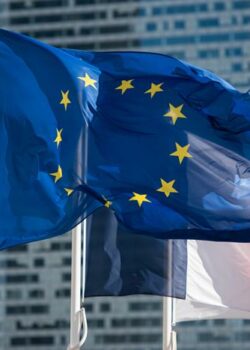Described as “bold” and “welcome” in many quarters, the EU’s proposed new law on human rights and sustainability due diligence has failed to meet with universal applause.
In recent weeks critics have described it as one of the “good intentions” that paves the “road to hell”, while others other say it will create an uneven playing field for companies. Though subject to energetic campaigns and vociferous demands, the directive now faces a host of negative reviews.
Though long trailed and subject to several false starts, the Corporate Sustainability Due Diligence directive was formally launched at the end of February, to the relief of human rights campaign groups and NGOs who had wondered when the EU would deliver on its promises.
It contains six key duties asking companies to integrate human rights and sustainability due diligence into their company policies, identify adverse impacts, prevent or mitigate those impacts, monitor the success of their policies and disclose their due diligence work.
Along with it comes a new regime for civil liabilities allowing for companies to be sued and victims to be compensated.
One law firm describes the proposals as a “generally positive step forward in the ongoing development of a legal framework governing the relationship between business and human rights”.
Standards, supply chains and stakeholders
But the welcome is hardly effusive. Critics says the directive delivers standards below the soft-law threshold set by the UN’s Guiding Principles on Business and Human Rights already. Louise Pech of law firm Leigh Day points out the EU schemes preclude companies for liabilities stemming from the behaviour of “an indirect partner”. Not what the UN authors envisaged.
Nor do EU proposals cover the entire supply chain. SMEs are not affected, even though they make up most of all companies in the EU.
Critics also add that the directive makes no demands for engagement with “stakeholders”, such as workers and unions. A missed opportunity as far as they are concerned.
And the complaints mechanisms have many worried too. Pech writes the directive has “no adequate incentives for companies to provide genuine access to remedies, and no protection for complainants against retaliation”. That may be a big concern for potential whistleblowers.
Elsewhere, the focus is slightly different, and the criticism more severe. Steen Thomsen, an academic at Copenhagen Business School, is the author who made the “good intentions” remark. He writes that elements of the directive have already been rejected by the European Commission’s Regulatory Scrutiny Board, and are therefore in breach of the EU’s Better Regulation principles.
But he also argues the directive’s expansion of director’s duties creates what he describes as an environment of “diffuse and uncertain liability”. This could cause company directors to quit business, leading to lower firm values and, in turn, lower-quality directors. It could also stymie “corporate innovation” and possibly even increase “accounting conservatism”.
Steen adds that “it is doubtful whether liability deters undesired behaviour, while it seems to have negative side effects such as lower service levels, defensive practices and higher costs”.
Regulatory challenges
So far, so damning. Others indicate a problem with a regulatory approach to due diligence too. Legal expert and academic Mariana Pargendler suggests the directive’s main problem is applying liability to subsidiaries rather than parent groups which could create “distortions and regulatory arbitrage”. Or, potentially, the creation of more subsidiaries to keep liabilities away from parent companies. The directive therefore “undermines its central objectives”, she writes.
The directive is not without its supporters. While acknowledging criticisms, proxy advisers ISS write this week that the new laws go “significantly beyond existing national regulations EU member states” and create a “Europe-wide playing field for human rights and environmental due diligence and corporate accountability, as well as legal certainty for businesses and stakeholders.” ISS urges boards to get started on implementation.
Mandatory human rights and sustainability due diligence legislation was never going to happen without controversy. But the EU felt compelled to act after many insisted that voluntary measures were not working. Business will need to get used to the new rules, and quickly.



